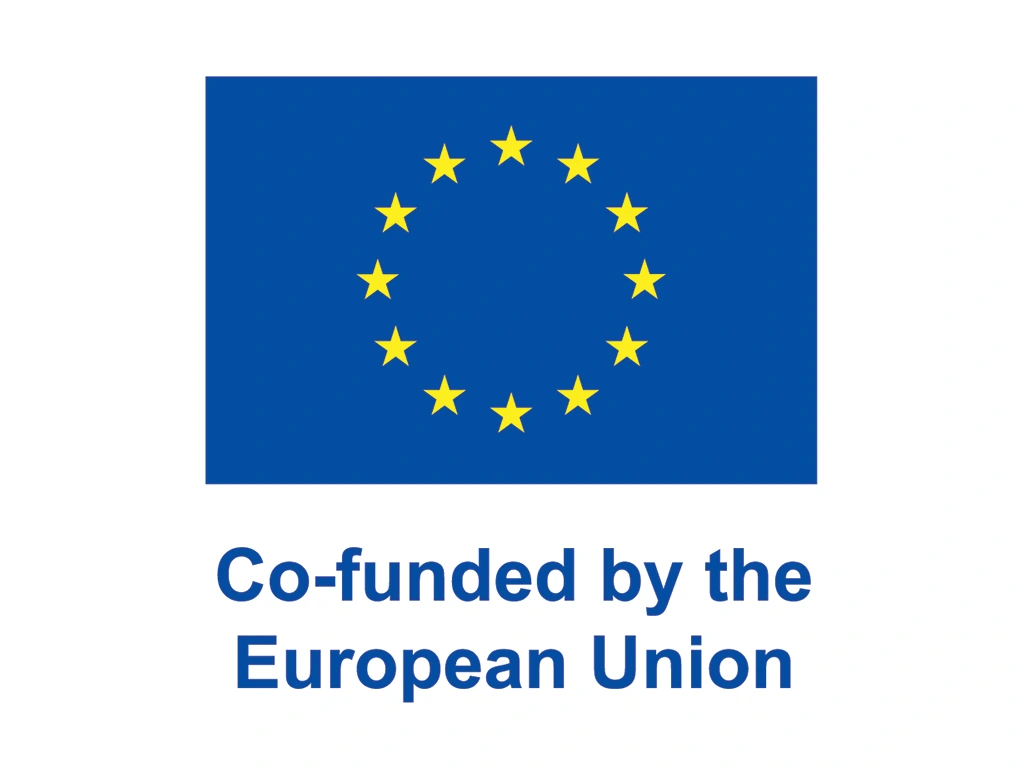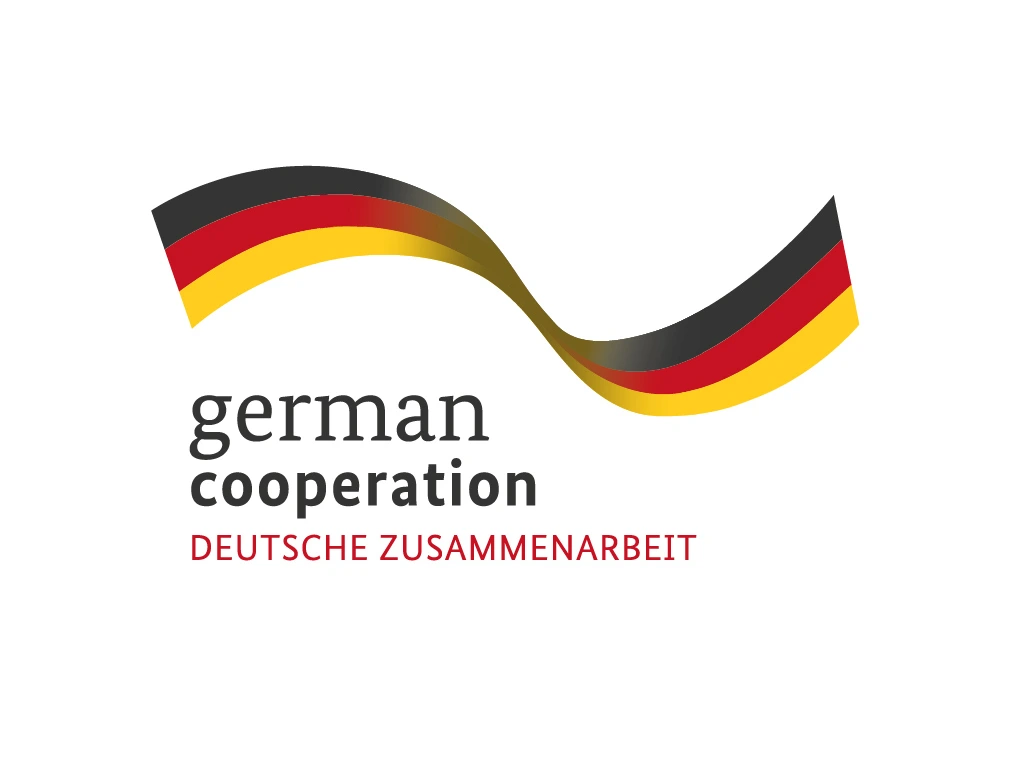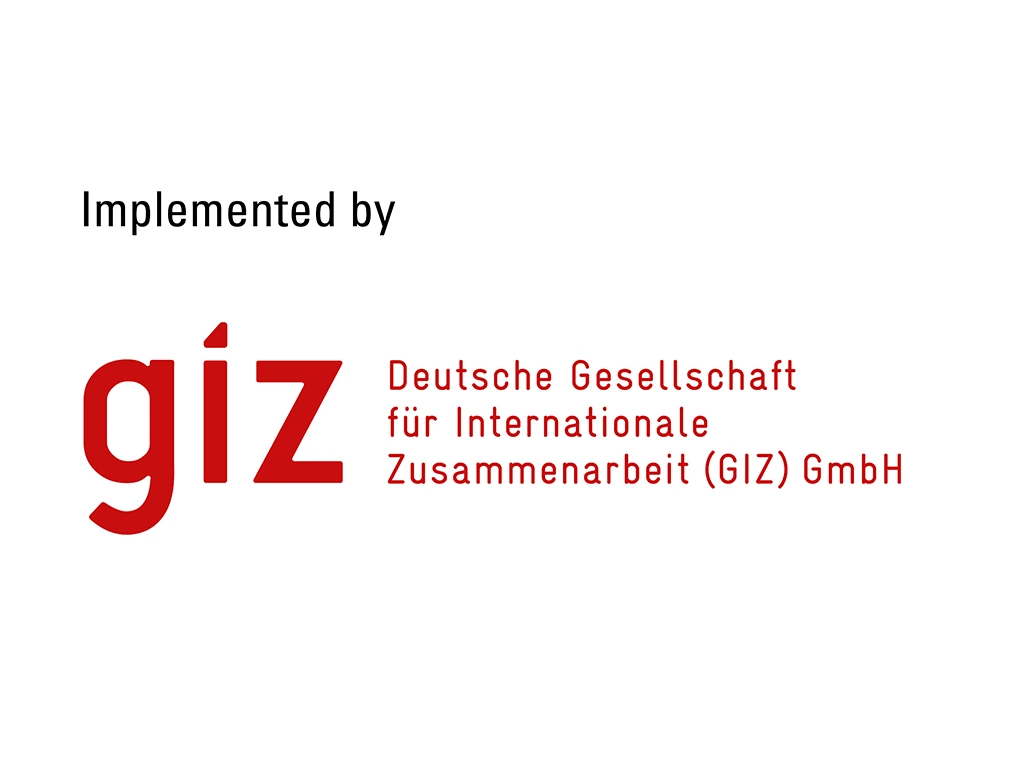Policy paper on the possibilities for advancing the Authorised Economic Operators Programmes in the economies of the Central European Free Trade Agreement (CEFTA) has been presented at the Regional Trade Facilitation Conference, held in Tirana.
Around the world, the Authorized Economic Operator (AEO) status allows for quicker and more efficient movement of goods. AEOs undergo fewer customs controls and inspections, resulting in smoother passage through customs procedures. Shipments from AEOs receive priority treatment during customs inspections, expediting the flow of goods. AEOs benefit from simplified customs procedures, reducing administrative requirements for declaring and clearing goods. With fewer inspections and simplified procedures, AEOs save on costs and time associated with customs formalities. These advantages streamline operations and enhance competitiveness in international trade for companies with AEO status.
Having Authorized Economic Operator (AEO) status can make shipments easier and faster for customers. Let’s say that two companies are shipping goods internationally, one with and the other without AEO status. One will benefit from AEO status, having reduced customs inspections and priority processing. Their shipments clear customs more quickly and smoothly, resulting in faster delivery to their customers. On the other hand, company without AEO status, may face more frequent customs inspections and longer processing times. This could lead to delays in clearing customs and ultimately longer delivery times for their customers.
Unlike companies with AEO status in the European Union or internationally, AEOs in the Western Balkans face challenges in fully benefiting from the AEO programmes. Western Balkans AEOs stress the need for improved training for Customs officers, especially at crossing points, and highlight concerns such as delays, lack of special lanes, and inadequate access roads. They emphasize the importance of potential use of AEO identifiers and signing of the regional MRA and MRA with the EU as the regional most important trading partner. Members also pointed to the need to continue strengthening Customs-AEO consultation mechanisms and increasing collaboration with Customs and other government agencies like Agriculture. Additionally, they urge Customs Authorities to enhance programme monitoring and evaluation and share results publicly.
These findings are detailed in the AEO Association Secretariat’s Position Paper, which aims to advance AEO Programmes within CEFTA economies. Developed collaboratively with AEO Association members, the paper provides a comprehensive analysis and actionable recommendations to improve AEO programmes. It evaluates progress made since the 2022 Position Paper, highlighting achievements in engaging Other Government Agencies (OGAs) and advancing AEO Mutual Recognition Agreements (MRAs).
The AEO Association was founded in 2021 with support from the “Support to Regional Economic Integration” project, implemented by Deutsche Gesellschaft für Internationale Zusammenarbeit (GIZ) on behalf of the European Commission and the German Federal Ministry of Economic Cooperation and Development (BMZ). Dedicated to advancing Authorized Economic Operator (AEO) Programmes within CEFTA economies, the Association collaborates with stakeholders to promote trade facilitation, ensure compliance, and boost the competitiveness of AEO businesses.
Position Paper presents comprehensive findings derived from perception-based survey results and evidence-based research. Notably, the survey indicates that while a significant portion of AEO companies perceive benefits such as easier admittance to new simplification procedures introduced by Customs and priority treatment in case of physical inspections, there are persistent challenges, including delays at border crossings and inadequate notification during inspections.
Recognizing the existing challenges, the paper proposes a series of actionable recommendations aimed at strengthening AEO programmes in the CEFTA economies. These recommendations include establishing robust monitoring mechanisms, enhancing awareness among Customs officials, fast-tracking the implementation of Mutual Recognition Agreements, and prioritizing infrastructure upgrades at border crossings.
The paper concludes with a resounding call to action for Customs Authorities to embrace the recommendations and collaborate closely with the AEO Association to unlock the full potential of AEO Programmes in CEFTA, thereby fostering trade facilitation and economic growth.
The inaugural edition of the regional AEO-A Position Paper, compiled by Members in October 2021, outlines their perspectives on enhancing the adoption and operational efficiency of the AEO programme within CEFTA from a business standpoint. This current position paper encapsulates the regional AEO Association’s primary recommendations for bolstering and progressing AEO programmes across CEFTA. For full document please visit: https://aeoassociation.com/wp-content/uploads/2024/02/CEFTA-Regional-AEO-Position-Paper-2023.pdf


